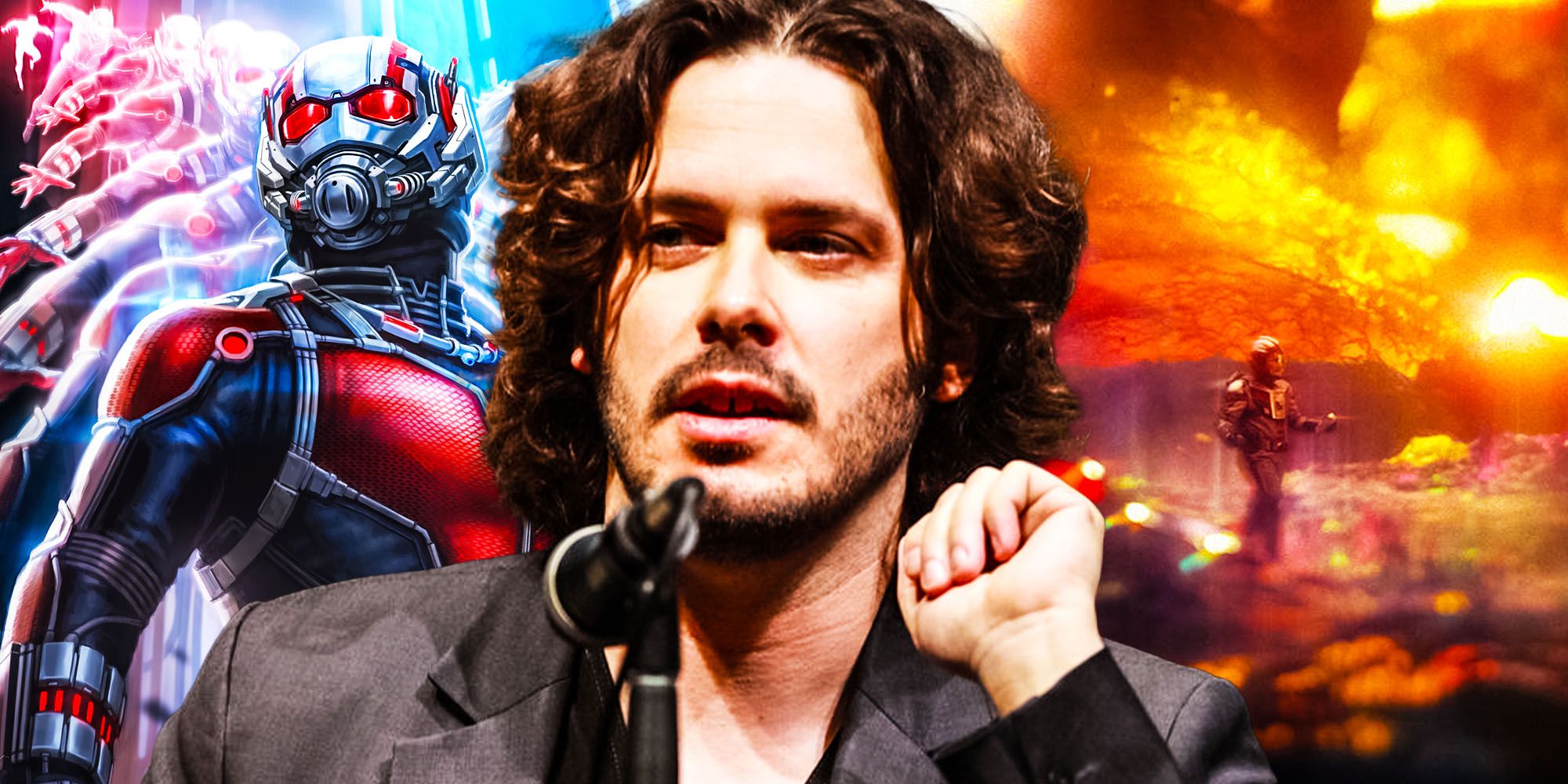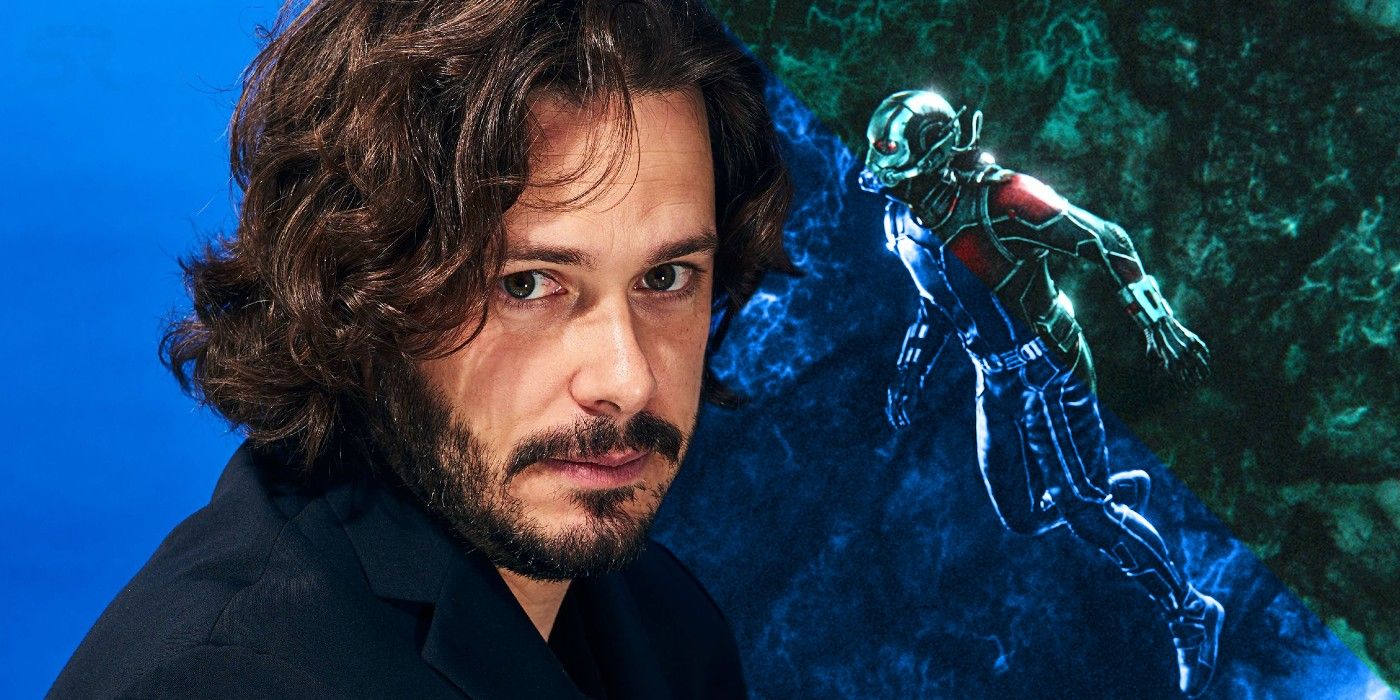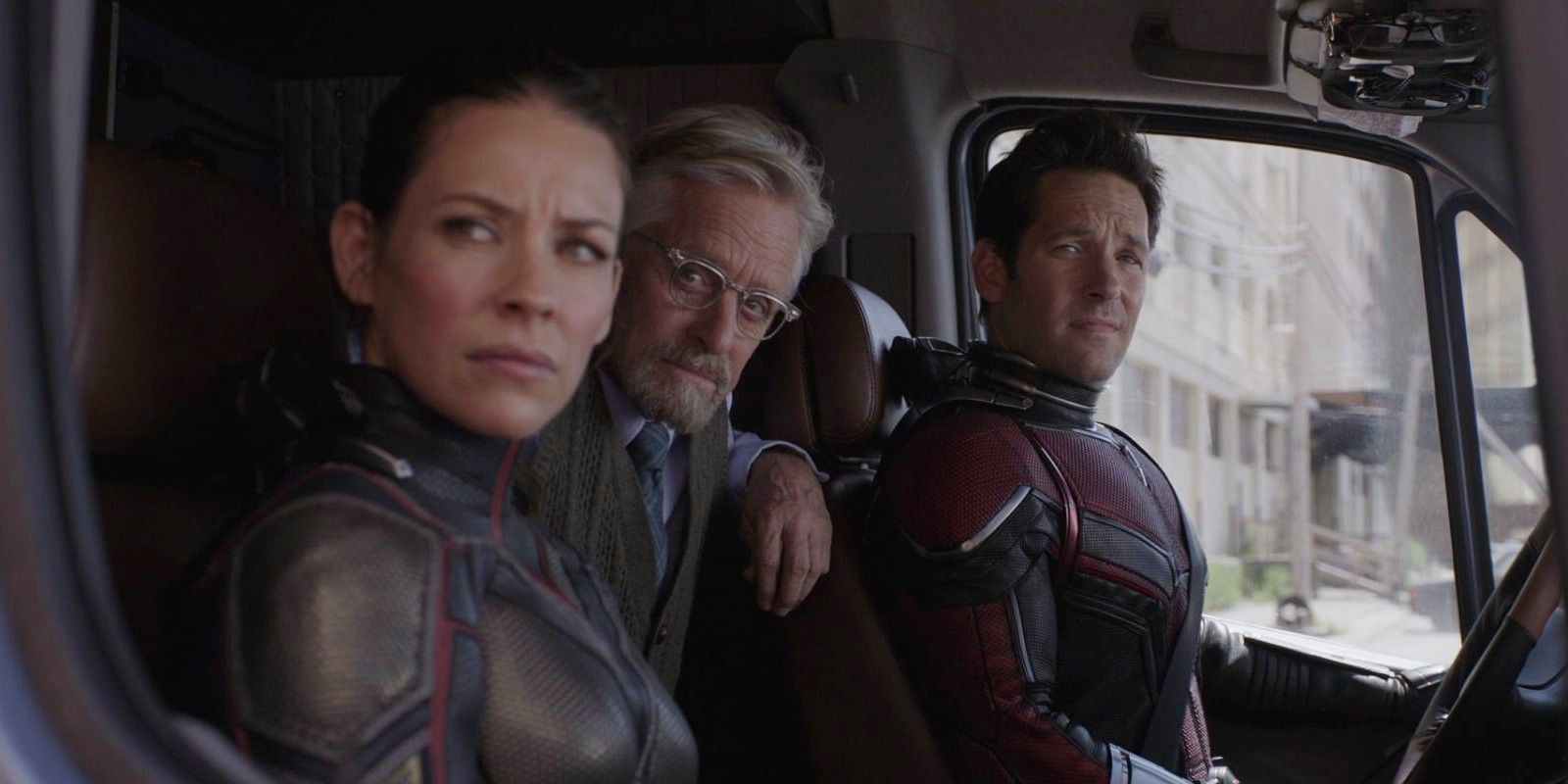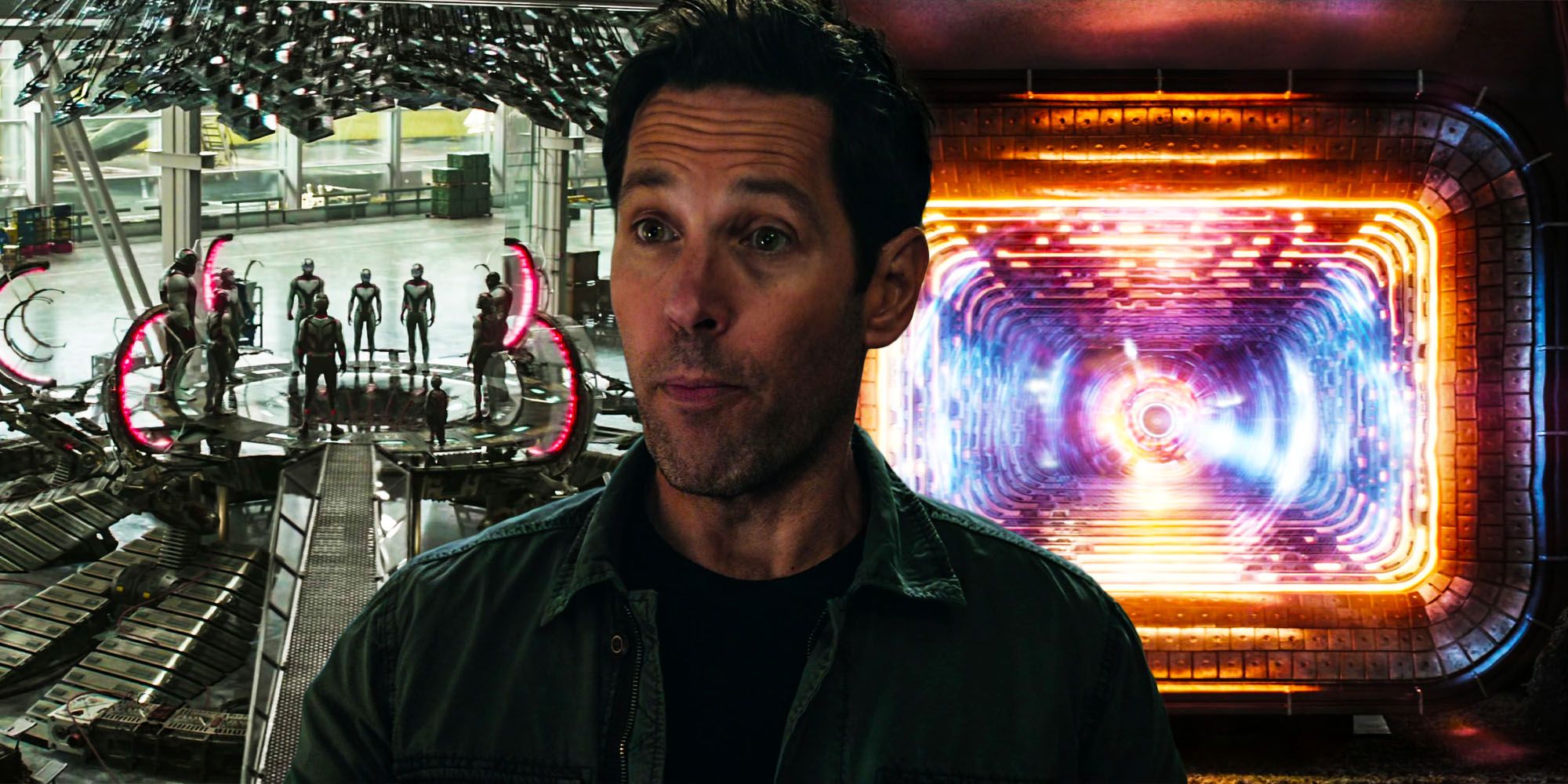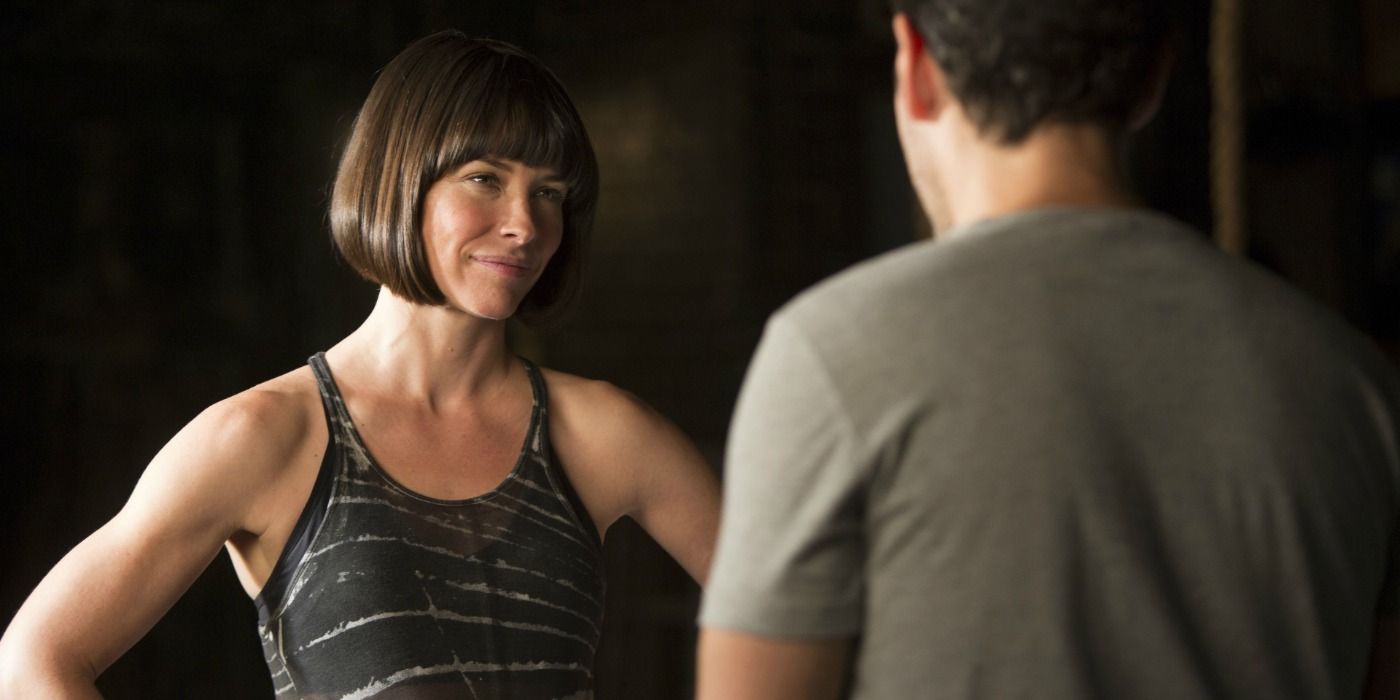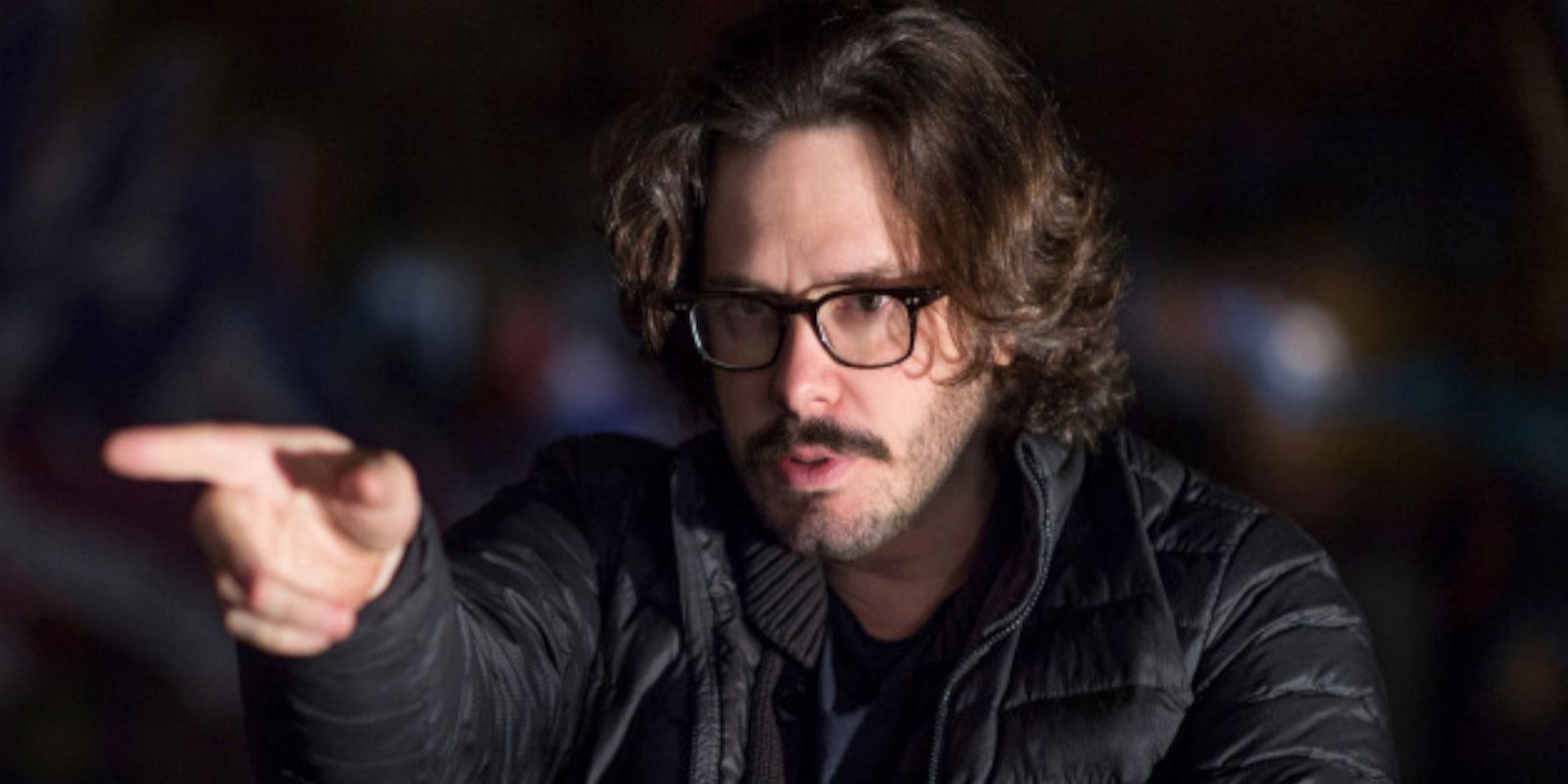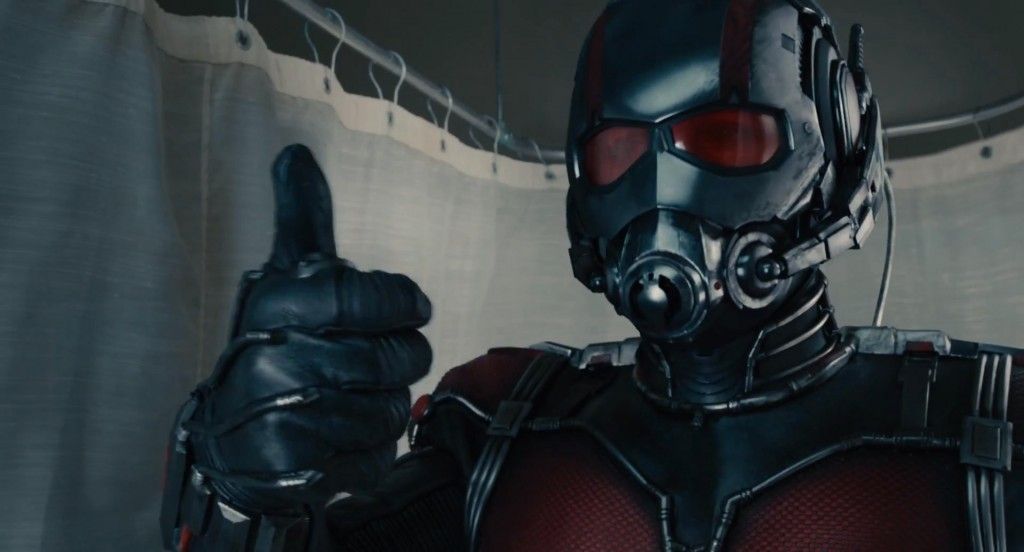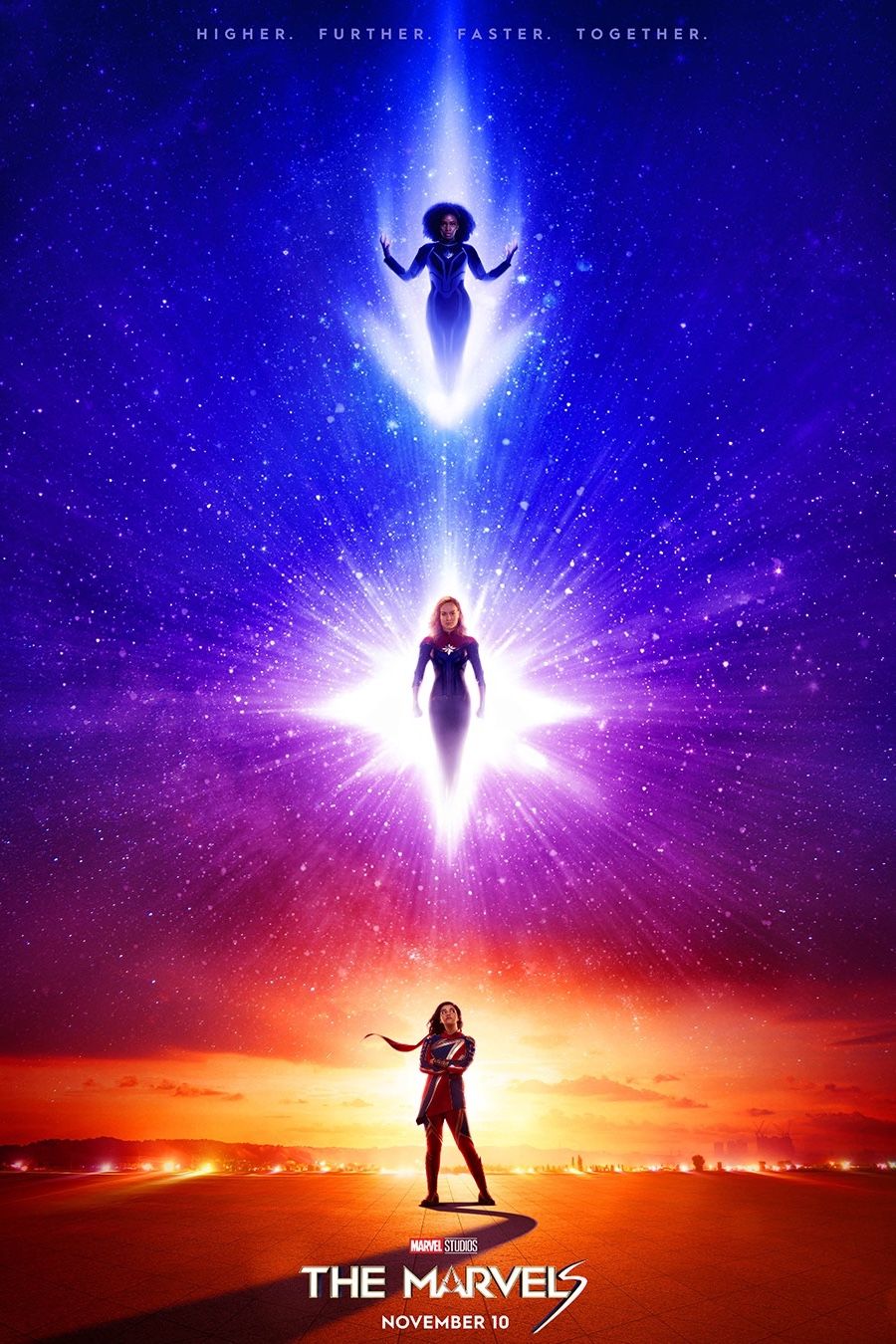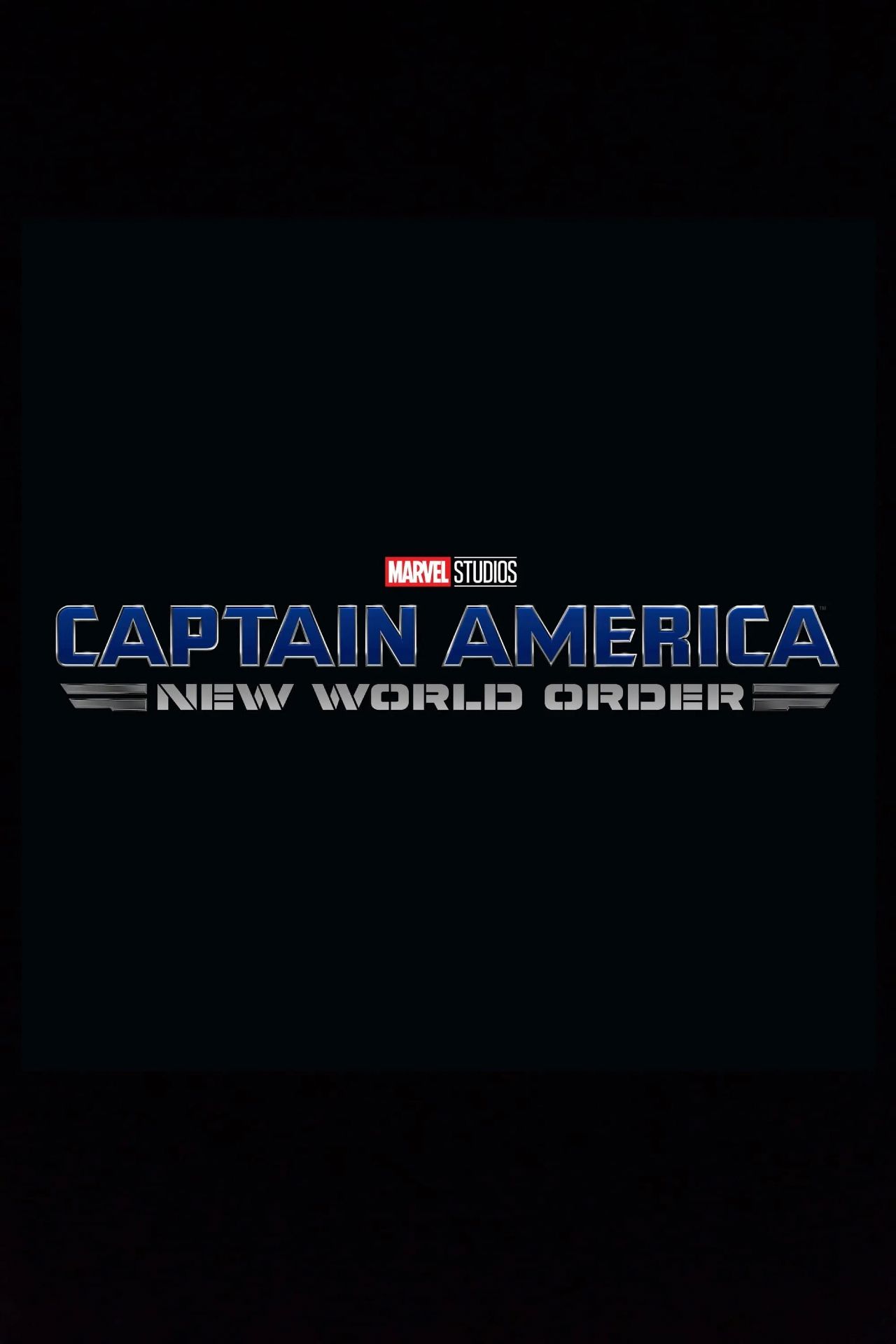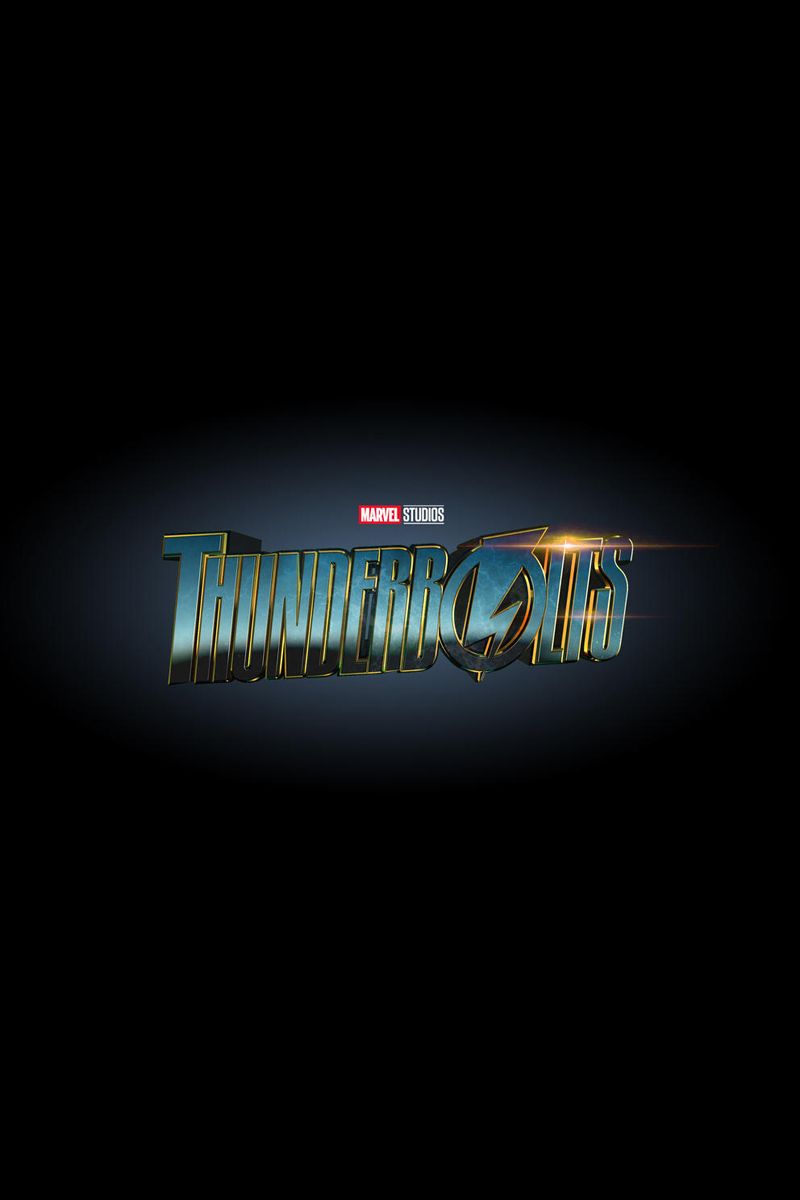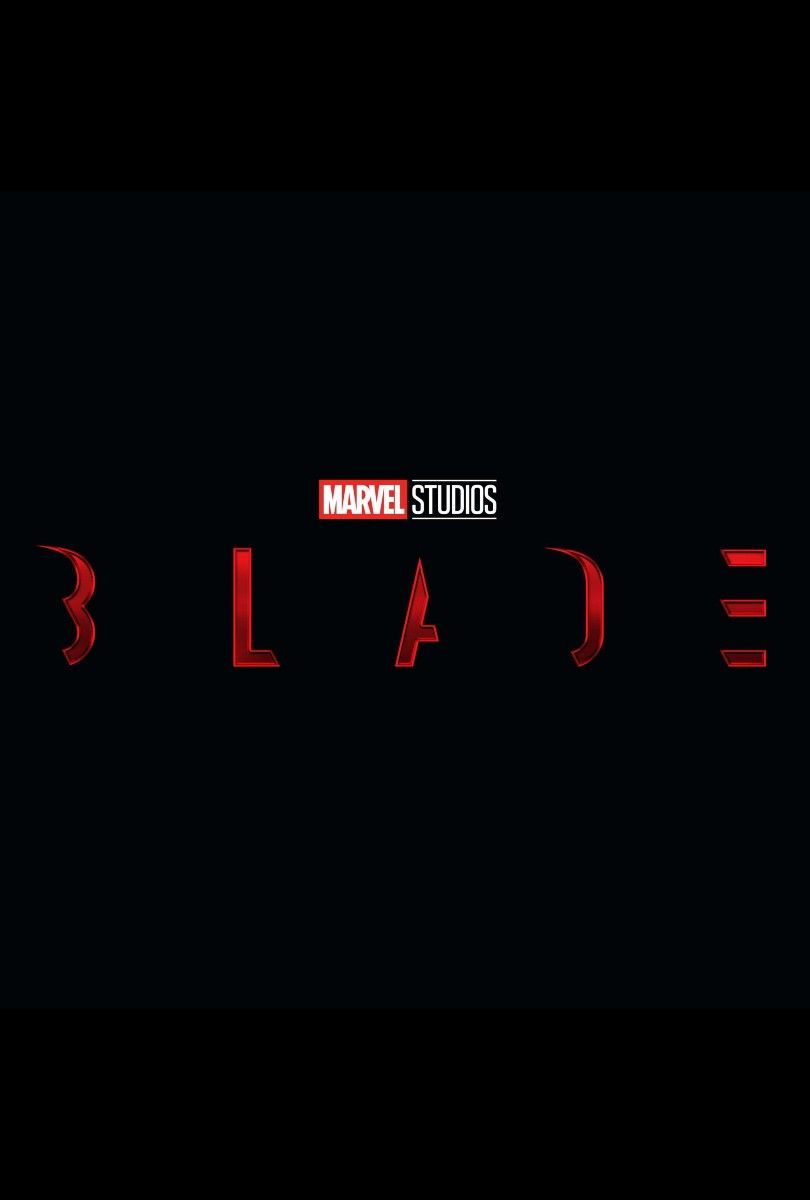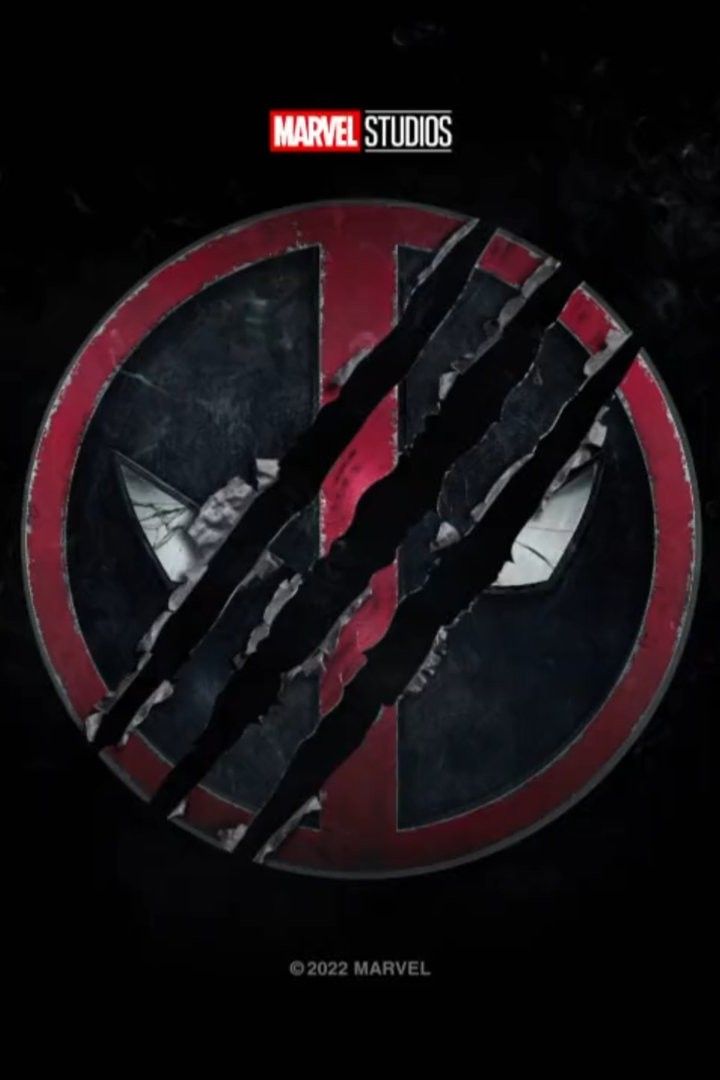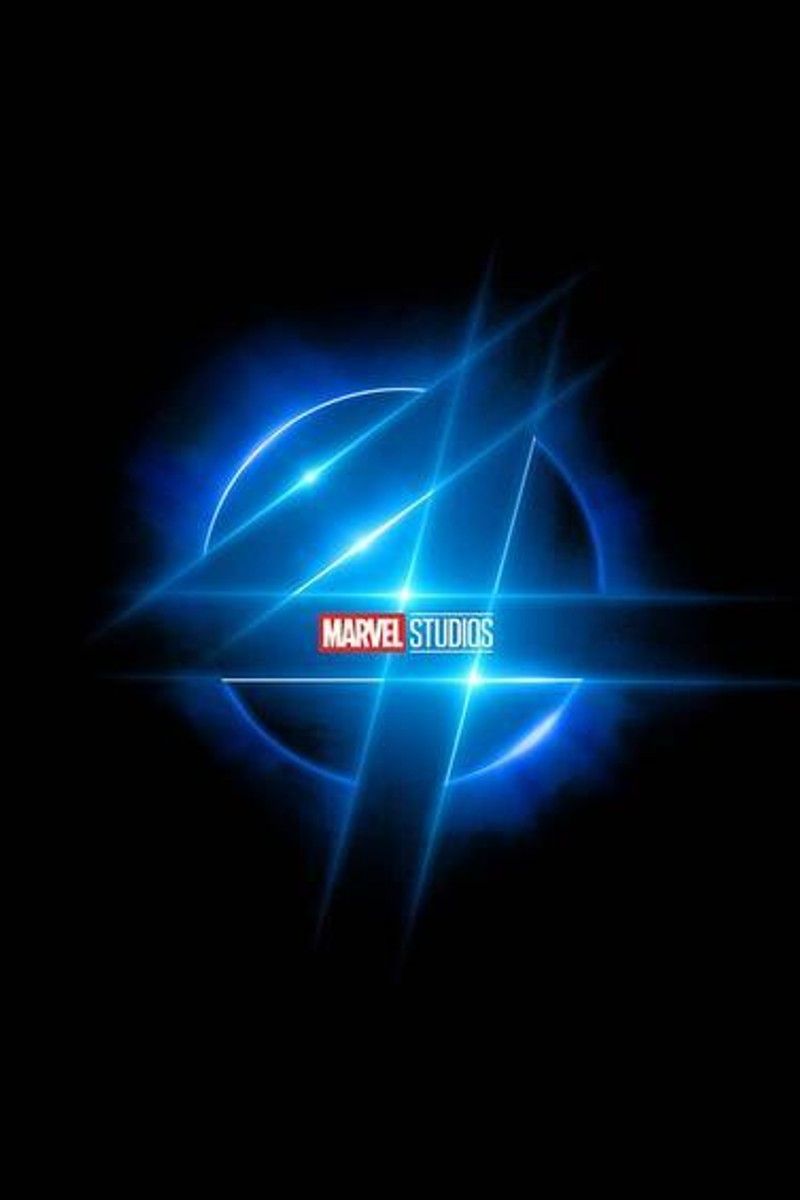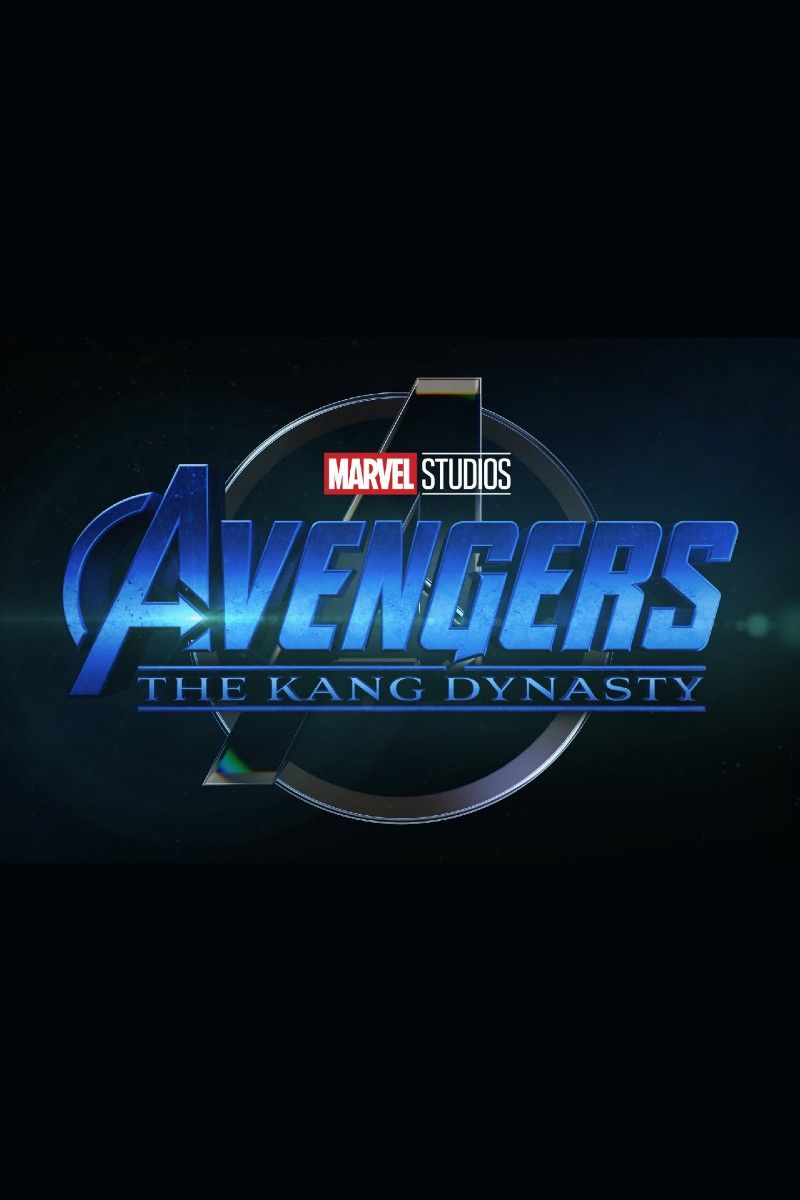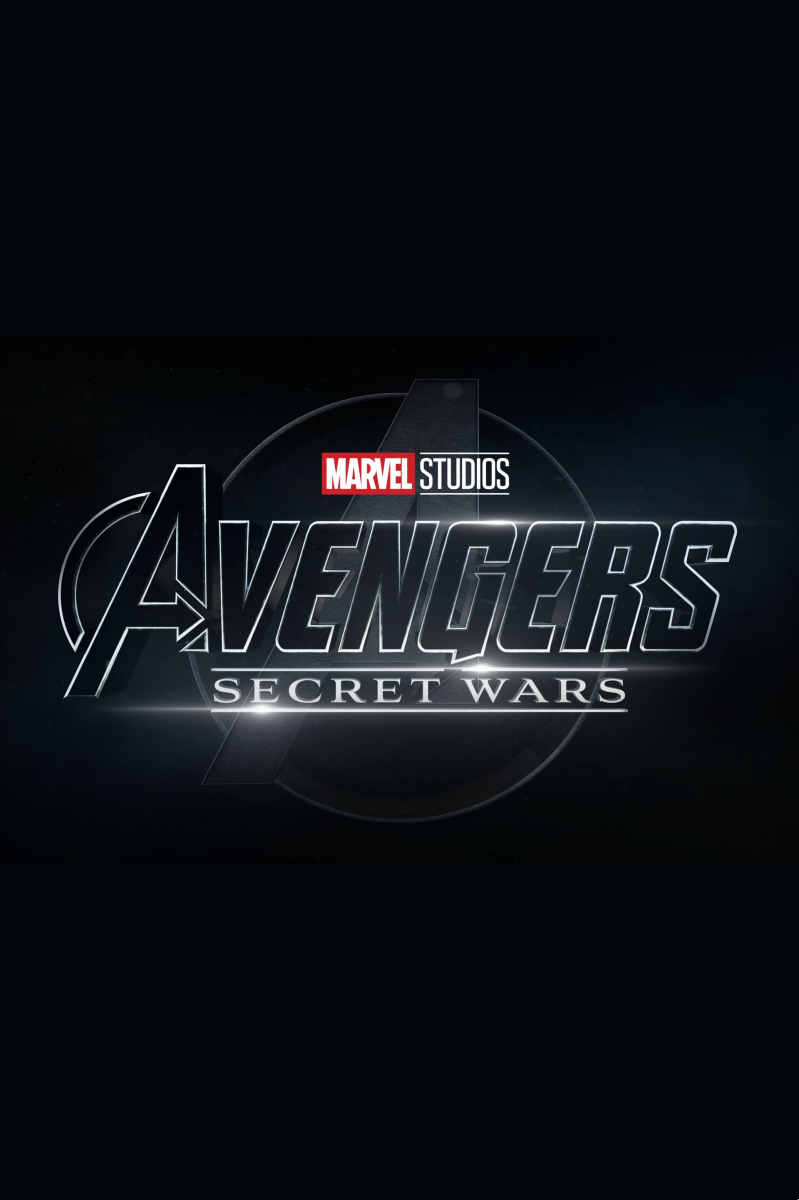Even with Ant-Man and the Wasp: Quantumania recently released, fans are still wondering what might have been with the Edgar Wright Ant-Man movie. In Ant-Man, MCU fans were introduced to Scott Lang (Paul Rudd), a thief with a good heart who is chosen by Hank Pym (Michael Douglas) to become the new Ant-Man. From there the character appeared in several more MCU projects, including two of his own sequels opposite fellow hero Hope van Dyne (Evangeline Lilly) aka The Wasp. However, before Peyton Reed took over as director of the Ant-Man trilogy, there was nearly an Edgar Wright Ant-Man movie.
After meeting with Marvel's Kevin Feige, Wright joined the MCU's version of the film in 2006, working alongside Joe Cornish, aiming to join Jon Favreau's Iron Man as the first Marvel Studios movies. The director even shot test footage and aired it at 2012's San Diego Comic-Con. Unfortunately, Marvel wasn't sold on Wright's vision and had other writers work on a script as well. Due to creative differences, Wright and Marvel parted ways shortly before filming began, sending shockwaves through the production. Rudd nearly quit Ant-Man, as did Evangeline Lilly. Eventually, Rudd and Adam McKay worked on the scripts, Reed came on to direct, and the movie changed more to Marvel's liking. Over the years, the details of Wright's script have become more widely known, hinting at what might have been and what went wrong with Edgar Wright's Ant-Man.
Wright's Script Is Still The Spine Of Ant-Man
Edgar Wright worked on Ant-Man for around eight years, and his original script even informed the film after his departure. In an interview during a set visit (via io9), Reed called Wright and Cornish's script the "spine" of the movie. The director explained that, like in the final film, Wright's version was a heist movie involving Hank Pym passing on his Ant-Man role to Scott Lang.
According to Reed, it was always a "mentor/pupil story." Empire's July 2015 issue backs up that assessment, noting that Wright and Cornish's screenplay would've done a take on 1979's "To Steal An Ant-Man." The script featured Lang and Pym in a fight against the villainous Nano Warrior, a character ultimately changed to Yellowjacket. At Comic-Con in 2012 (via YouTube), Wright also mentioned how his Ant-Man would mix the Silver Age hero with the contemporary one. In many ways, the Ant-Man rewrites left the core story.
Wright's Script Took Itself Less Seriously
In Empire's 2015 Ant-Man cover story, Lilly reflected on how the movie changed from the Edgar Wright Ant-Man, saying, "I think the most defining difference between the two scripts was that Edgar's didn't take itself as seriously." The actor said the script was "fun" and "irreverent." She described it as a "romp from beginning to end, in classic English fashion." For Lilly, the new film was more American and had as much fun as it did emotion. Also, in Empire, Reed talked about Marvel allowing him to "explore the dark side of Hank Pym, this tortured, guilt-ridden guy." Though Ant-Man does have more comedy than a typical MCU film, the movie also explores heavier topics, with Pym facing constant torment over the loss of his wife, Janet van Dyne, due to his shrinking technology.
While Wright's version of Ant-Man was perhaps sillier than the MCU's, the movie wasn't going to be a farce. At Comic-Con in 2006 (via YouTube), Wright talked about his version of Ant-Man incorporating some comedy, but the director made it clear that the idea wasn't to make a spoof. "I wanted it to be more of an action-adventure, really," the director said.
There Was No Quantum Realm
The Edgar Wright Ant-Man movie would not have included one of the biggest things these movies brought to the MCU. After being introduced in Ant-Man, the Quantum Realm is used to unlock time travel for the heroes to save the day in Avengers: Endgame. Its importance grew to the point where Ant-Man and the Wasp: Quantumania is set almost entirely within the MCU's Quantum Realm.
In a 2015 interview (via Uproxx), Reed explained that he and Adam McKay brought Marvel's Microverse, later renamed the Quantum Realm, to Ant-Man in an attempt to take the shrinking further in the third act. "That was something that was never in those drafts that Adam and I brought to it," Reed said. Marvel's new history book, The Story of Marvel Studios: The Making of the Marvel Cinematic Universe, corroborates the story, revealing that the original script didn't contain the Quantum Realm. Considering Marvel's reliance on the Quantum Realm in its later films, the detail became one of the most critical elements of the Ant-Man script.
Several Characters Acted Differently
Another way the Edgar Wright Ant-Man movie influenced the final product was in casting as Wright brought most of the actors on board. However, it seems he was focusing specifically on Ant-Man's story. Several other roles became bigger after Rudd and McKay took over Ant-Man screenwriting duties. According to Lilly (via io9), the actor approached Rudd and McKay and asked them to "beef up" her character.
Due to the script changes, Hope received a more extensive character arc, and Lilly was allowed to bring more physicalness to the role. Stoll also said his character was "deepened." Among the other significant character changes, Reed explained (via Uproxx) that he gave Michael Peña's Luis his iconic story montages. "That was something that never existed in the original drafts, and I wanted to bring to it," Reed said.
Wright's Ant-Man Was More Of A Standalone Film
Over the years that Wright was working on Ant-Man, the MCU went through drastic changes to the point where it was even infringing on its own Ant-Man stories from Marvel's comics. For instance, Hank Pym creates Ultron in Marvel's comics, not Tony Stark (Robert Downey Jr.) like in 2015's Avengers: Age of Ultron. According to Empire, Wright's film incorporated MCU characters and had a sting for Avengers 2, but the director also said his film was more independent. In an interview (via The Playlist), Wright said, "It is pretty standalone in the way we’re linking it to the others." According to the director, he wanted to place the premise more in the real world, which would allow it to be relatable like the first Iron Man.
However, Marvel is in the business of making the MCU an immersive, interconnected experience, so Wright's script didn't necessarily work. Instead, McKay and Rudd helped bring the film more into the MCU, even adding the crossover fight sequence with Ant-Man taking on Anthony Mackie's Falcon. McKay recalled in an interview that he and Rudd made Ant-Man "a little bigger" and "a little more aggressive." According to McKay, he and Rudd just gave the Ant-Man script a rewrite, and a lot of Wright's work is still in it. "I really thought we put some amazing stuff in there and built on an already strong script from Edgar Wright," he said.
Wright Wasn't The Right Fit For The MCU
Even with the MCU's Ant-Man franchise now on its third movie, there are still more details coming out about the Edgar Wright Ant-Man and his eventual separation from Marvel Studios and the project. Recently, Wright's co-writer on the movie, Joe Cornish, spoke about what ultimately went down between the filmmaker and the studio. Cornish explained that Marvel Studios was still very much in its early days when they first met for the movie before Jon Favreau even began work on Iron Man. However, by the time Wright was finally getting ready to make his movie, Marvel "had a behemoth on their hands" and was now forced to think about the larger cinematic universe rather than standalone movies.
In the end, Cornish states "Edgar is an auteur. Edgar Wright makes Edgar Wright movies." Cornish's comments really help to show that the break between Wright and Marvel was inevitable and that it was probably best for both sides. Ant-Man was originally going to be one of the first movies made by Marvel Studios but ended up being part of the MCU's Phase 3. It was an interconnected universe by then, and they had to fit Ant-Man into that overall storyline.
By the same token, Wright didn't sign up to be part of what the MCU had become. He wanted to make his own Ant-Man movie with its own lore rather than something that exists in an already-established universe. As a result, neither the filmmaker nor the studio was on the same page with the kind of movie they wanted to make, and it was necessary that they go their separate ways.

